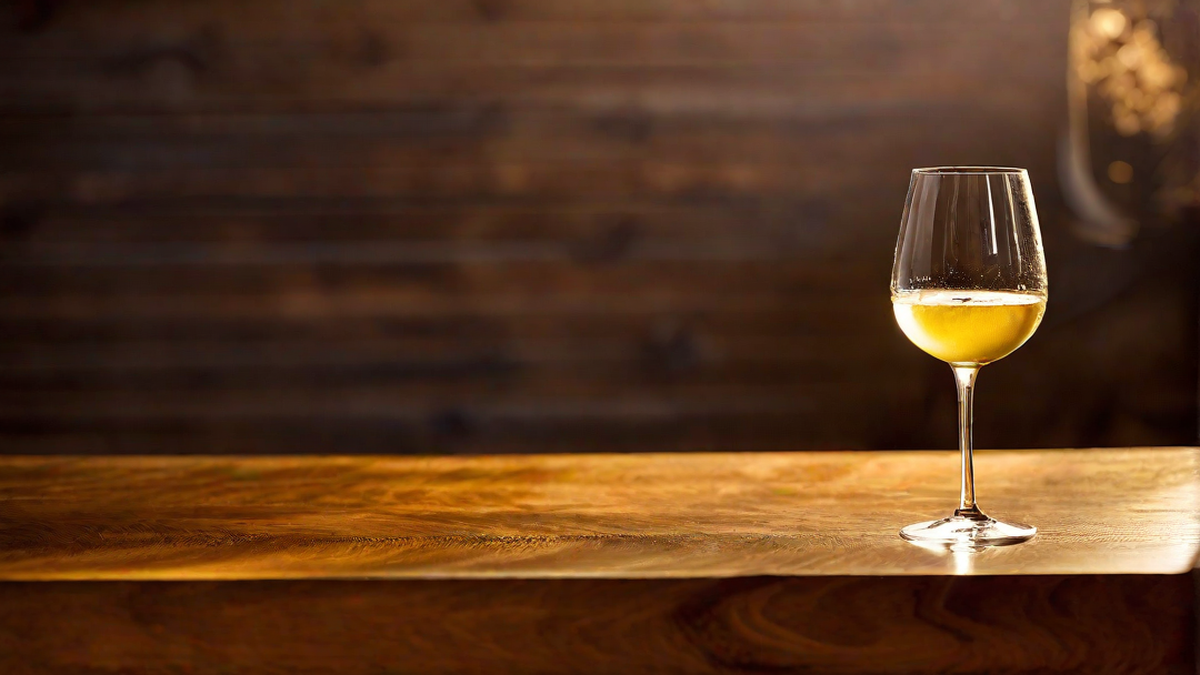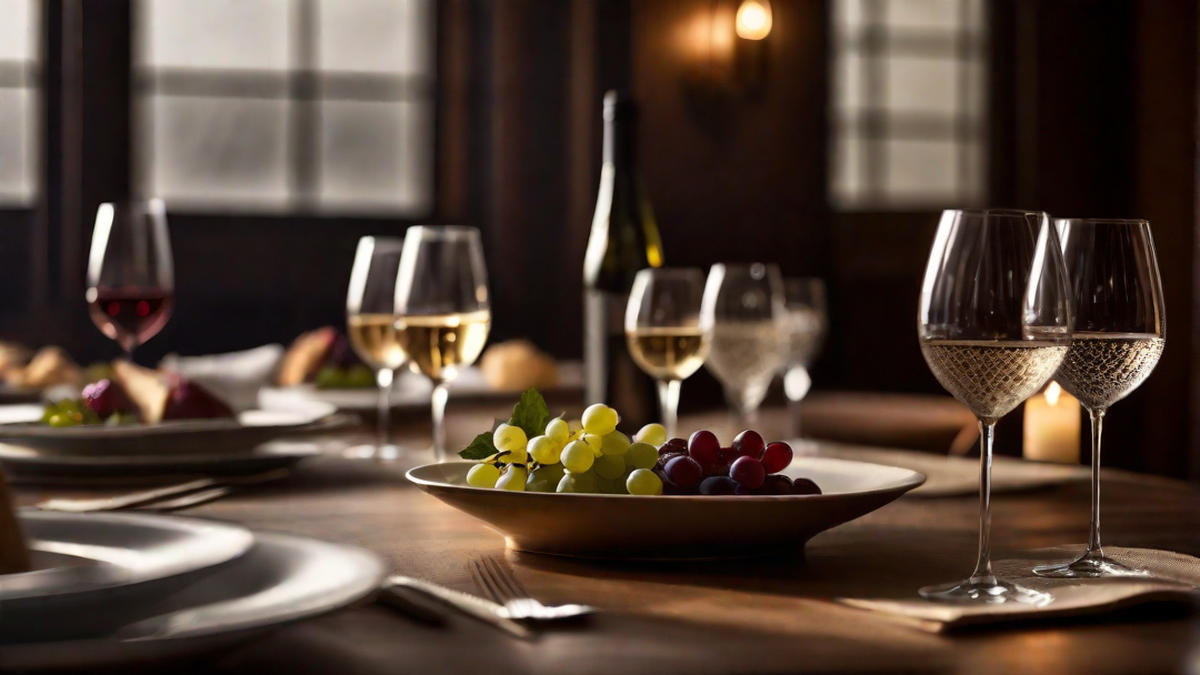As someone who loves wine, I am frequently captivated by the complexities and enigmas of this long-standing drink. One particular question that has sparked my interest is whether the alcohol in wine completely evaporates while cooking. Therefore, I set out on a quest to unveil the reality and impart it with you.
First and foremost, let’s address the role of alcohol in wine. Alcohol is a natural byproduct of the fermentation process, where yeast converts sugar into alcohol and carbon dioxide. It contributes to the overall flavor, aroma, and structure of the wine. However, when it comes to cooking, the presence of alcohol can be a cause for concern for some individuals.
While there is a common misconception that all the alcohol evaporates when wine is used in cooking, the reality is quite different. The amount of alcohol that remains in a dish depends on several factors, such as the cooking time, temperature, and the amount of wine used.
When wine is added to a hot pan or pot, the heat causes the alcohol to evaporate gradually. However, this evaporation process is not instantaneous, and it takes time for the alcohol to completely dissipate. In fact, research conducted by the U.S. Department of Agriculture found that it takes approximately 2 hours of simmering to remove 75% of the alcohol content.
Furthermore, the alcohol content doesn’t diminish evenly throughout the cooking process. Initially, there is a rapid reduction in alcohol due to the significant surface area exposed to heat. However, as the liquid reduces and the surface area decreases, the evaporation rate slows down, and some alcohol may remain in the dish.
It’s important to note that the alcohol content in a dish can vary depending on the type and ABV (Alcohol by Volume) of the wine used. For example, a high ABV wine like Port or Sherry will retain more alcohol than a lower ABV wine like a light white or red wine.
So, what does this mean for the final product? While the alcohol may not completely cook out, the flavor and aroma of the wine can still infuse the dish, adding depth and complexity. The residual alcohol also helps to enhance the flavors of the other ingredients, making the overall culinary experience more enjoyable.
However, it’s important to consider personal preferences and dietary restrictions. Some individuals may need to avoid alcohol entirely due to health or religious reasons. In such cases, there are alternative options available, such as using non-alcoholic wine or substituting wine with other ingredients like broth or fruit juices.
In conclusion, the notion that all the alcohol in wine evaporates during cooking is indeed a myth. While the heat does cause the alcohol to dissipate, it takes time and a significant amount of simmering to remove a substantial portion. The residual alcohol can add depth and complexity to a dish, but it’s crucial to consider individual preferences and dietary restrictions when using wine in cooking.




